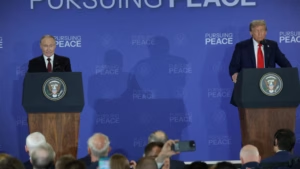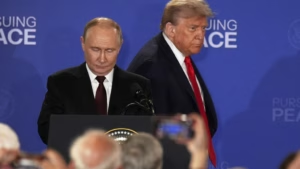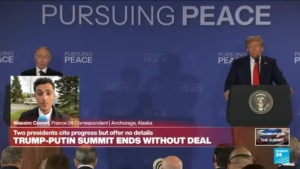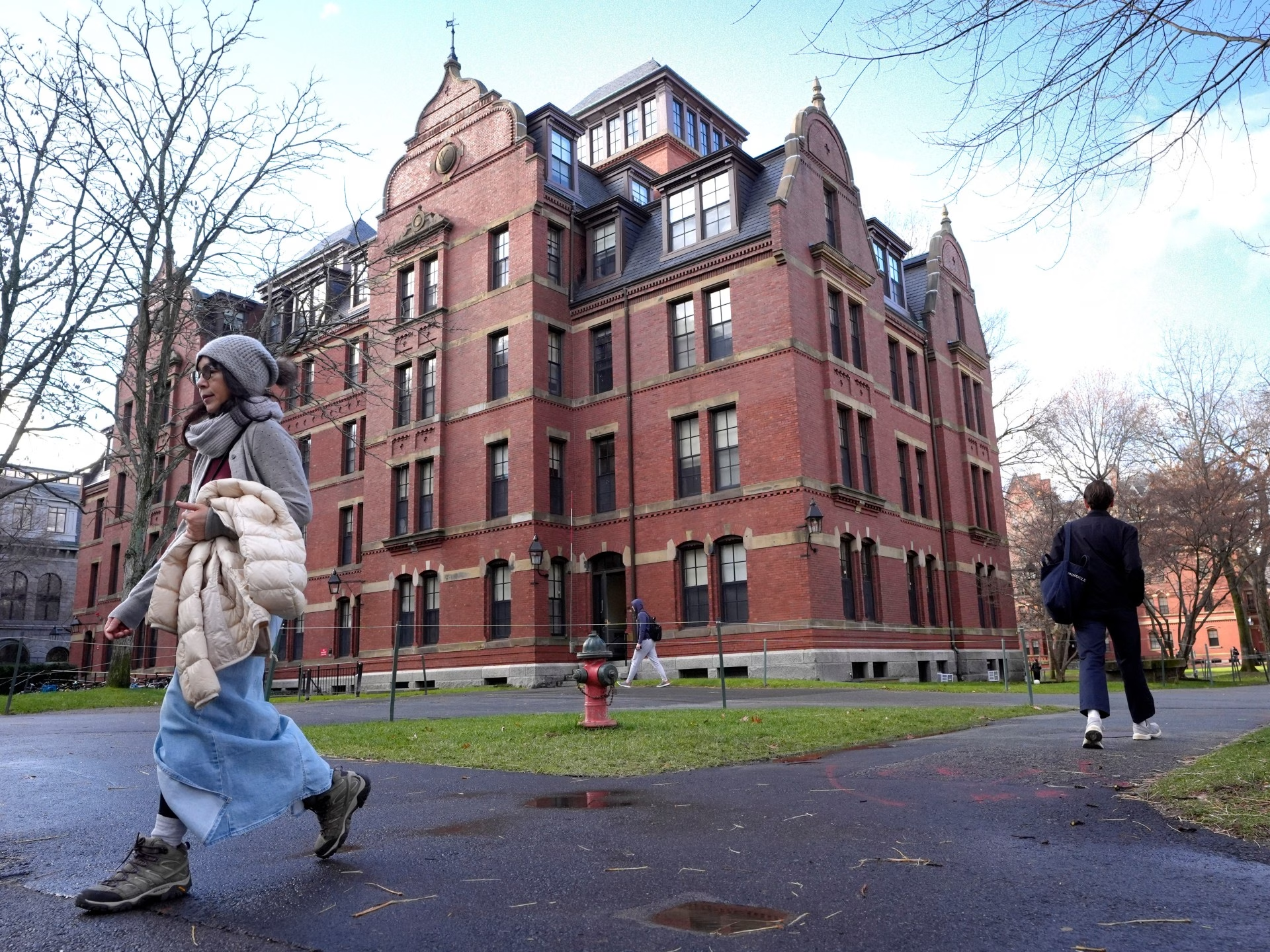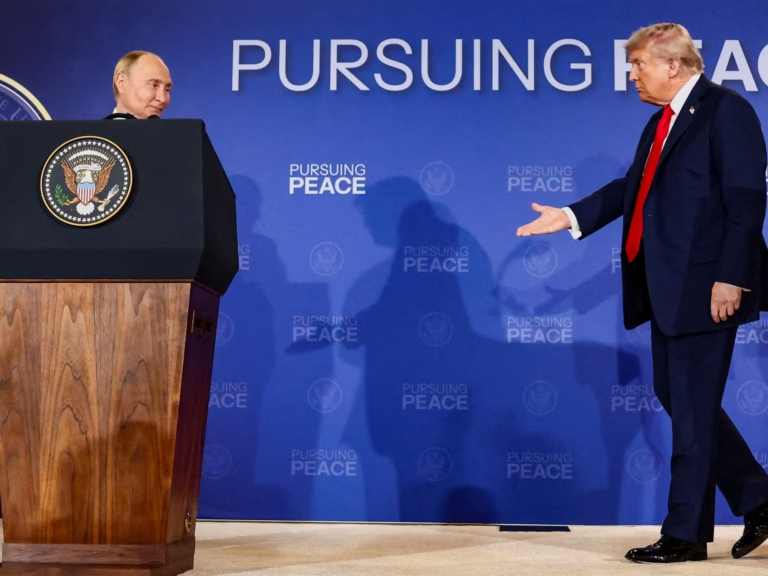The Trump administration has cut $450 million in grants for Harvard University as tensions between the institutions escalate over issues like anti-Semitism, academic freedom, and government control.
On Tuesday, a task force appointed by Trump accused Harvard of maintaining a “long-standing policy and practice of discriminating on the basis of race.” The task force criticized Harvard’s campus, suggesting it has become a hub for “virtue signaling and discrimination” rather than true academic rigor. They argued that Harvard’s prioritization of appeasement over accountability has jeopardized its eligibility for tax-payer funded support.
The latest cut in funding adds to the over $2.2 billion in federal funds that were already withheld last week. The conflict with Harvard originated in March when Trump attempted to impose new rules on universities that had seen pro-Palestinian protests, labeling such actions as “illegal” and accusing participants of anti-Semitism, while protest leaders counter that their actions were peaceful responses to concerns over human rights abuses in relation to Israel’s policies in Gaza.
Columbia University initially faced similar pressure from the Trump administration after a Palestine solidarity encampment was established on its premises. Faced with the threat of losing $400 million in funding, Columbia agreed to a series of demands including adopting a formal definition of anti-Semitism, improving campus security, and placing its Middle East, African, and South Asian studies department under external oversight.
Free speech advocates have been critical of Columbia’s concessions, seeing them as a compromise on academic freedom. For Harvard, Trump’s administration released a more stringent set of demands, which included overhauling its disciplinary system, eliminating diversity initiatives, and agreeing to an external audit of programs deemed anti-Semitic. There were also expectations for “structural and personnel changes” to promote “viewpoint diversity” which critics argued would allow Trump to impose his values on the school’s hiring and admissions.
Harvard has a history of contentious admissions practices; in 2023, the Supreme Court ruled against Harvard’s consideration of race in student admissions, declaring it unconstitutional. The task force’s letter referenced this decision to assert that Harvard has repeatedly failed to address race-based and anti-Semitic issues on campus. Reports by Harvard’s own task forces have confirmed instances of anti-Muslim and anti-Jewish violence following the conflict in Gaza, a polarizing topic in US politics.
On April 14, Harvard’s President Alan Garber defied the Trump administration’s demands, calling them an overextension of government power. Garber asserted that no government should dictate what private universities teach, whom they admit or hire, or which research areas they should pursue. Despite this, Trump has continued to exert pressure, including threats to revoke Harvard’s tax-exempt status, a move that critics argue would be unlawful. The Department of Homeland Security under Trump has also threatened to prevent foreign students from enrolling at Harvard if the university does not provide information about the pro-Palestine protests.
Garber responded to Trump’s Secretary of Education, Linda McMahon, reaffirming Harvard’s commitment to free speech and addressing anti-Semitism while criticizing the administration’s overreach. He emphasized that Harvard’s efforts to foster a diverse learning environment have been threatened by the federal government’s actions. Garber declared that Harvard will not compromise its core legal principles in the face of unfounded threats from the government, and reasserted Harvard’s non-partisan status.
Source: https://www.aljazeera.com/news/2025/5/14/trump-administration-cuts-another-450m-in-harvard-grants-in-escalating-row?traffic_source=rss
